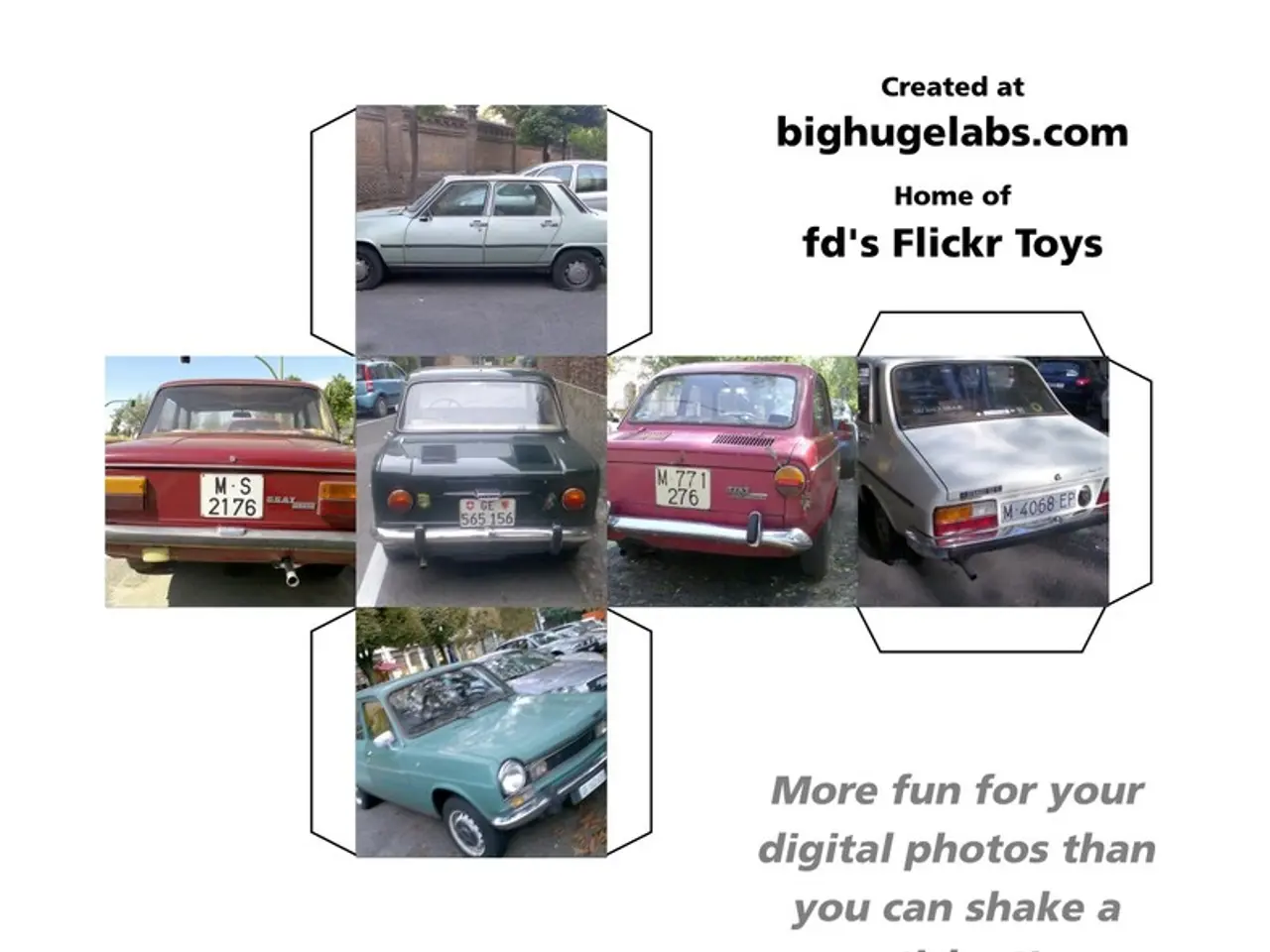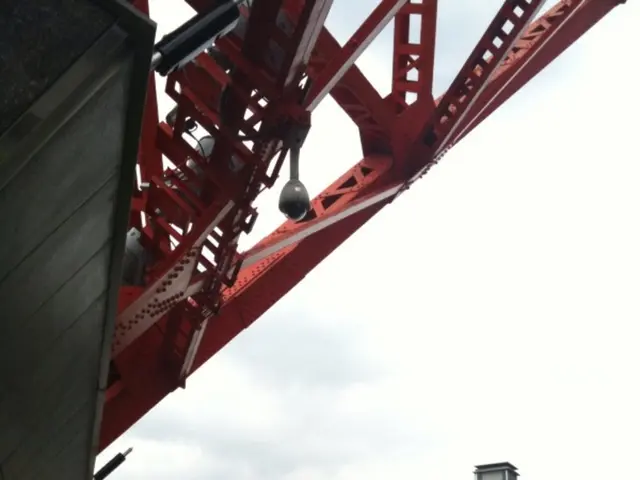Hyundai confirms commitment to expansion, emphasis on electric vehicles
Hyundai Unveils Ambitious Electrification Strategy
Hyundai Motor Company has presented a transformative growth strategy at its first 'CEO Investor Day' in New York, aiming to position itself as a leading global mobility provider by 2030.
At the heart of this strategy is a focus on electrification, with Hyundai planning to expand its hybrid lineup to more than 18 models by the same year. The company's CEO, Munoz, emphasized that this commitment to electrification is part of Hyundai's vision to build the mobility company of the future.
Hyundai's electrified vehicles, set to hit the market by 2027, will feature high-performance batteries and motors, offering an Internal Combustion Engine (ICE)-like driving experience with a range of over 960 kilometers. This is achieved through the use of Hyundai's own high-performance batteries, which allow for full electric vehicle performance with less than half the battery capacity, thereby improving affordability while maintaining exceptional range and performance, and eliminating range anxiety.
To ensure safety, Hyundai's batteries come with exclusive safety features such as separators, ultra-security relays, fire-resistant shields, and safety vents that prevent thermal runaway and protect against fires. Advanced safety technologies include industry-leading battery management systems (BMS) that perform real-time predictive diagnostics during driving, charging, and idle periods.
Hyundai's electric vehicle strategy also includes regionally tailored products. For instance, the compact Ioniq 3, designed for Europe, is planned to launch as a mass-market model starting from 2027. India and China will also receive their own localized electric models within the same timeframe.
The company intends to localize production in key markets to support this growth. Hyundai Motor continues to develop fuel cell systems, with the next generation for commercial applications set to deliver high efficiency, longevity, and power output.
In addition to electrification, the transformation includes strategic product expansion and the integration of software-defined features. The goal is to sell 5.55 million vehicles worldwide by 2030, with electrified vehicles expected to account for 60% of total sales, reaching 3.3 million units annually.
Hyundai Motor has identified Europe, China, and India as key expansion markets for electric vehicles. The growth strategy also aims to transform Hyundai into a leading global mobility provider, with the company planning to introduce Genesis luxury hybrid models from 2026.
The strategy also includes a goal to improve durability, cost-efficiency, and safety of batteries through a customer-centric design philosophy by 2027. This focus on quality and customer service reflects Hyundai's aim to treat every customer as a VIP.
In conclusion, Hyundai's ambitious electrification strategy is set to revolutionize the automotive industry, positioning Hyundai as a leading global mobility provider and a pioneer in electrification technology. With a focus on safety, customer-centric design, and regional tailoring, Hyundai is poised to meet the growing demand for electric vehicles and provide an exceptional driving experience.
Read also:
- Elon Musk Acquires 26,400 Megawatt Gas Turbines for Powering His AI Project, Overlooks Necessary Permits for Operation!
- U Power's strategic collaborator UNEX EV has inked a Letter of Intent with Didi Mobility to deploy UOTTA(TM) battery-swapping electric vehicles in Mexico.
- Commercial-grade hydrogen enhancement systems manufacturing initiated by H2i Technology
- Toyota strikes a deal in Shanghai for a solely owned Lexus electric vehicle production plant.







